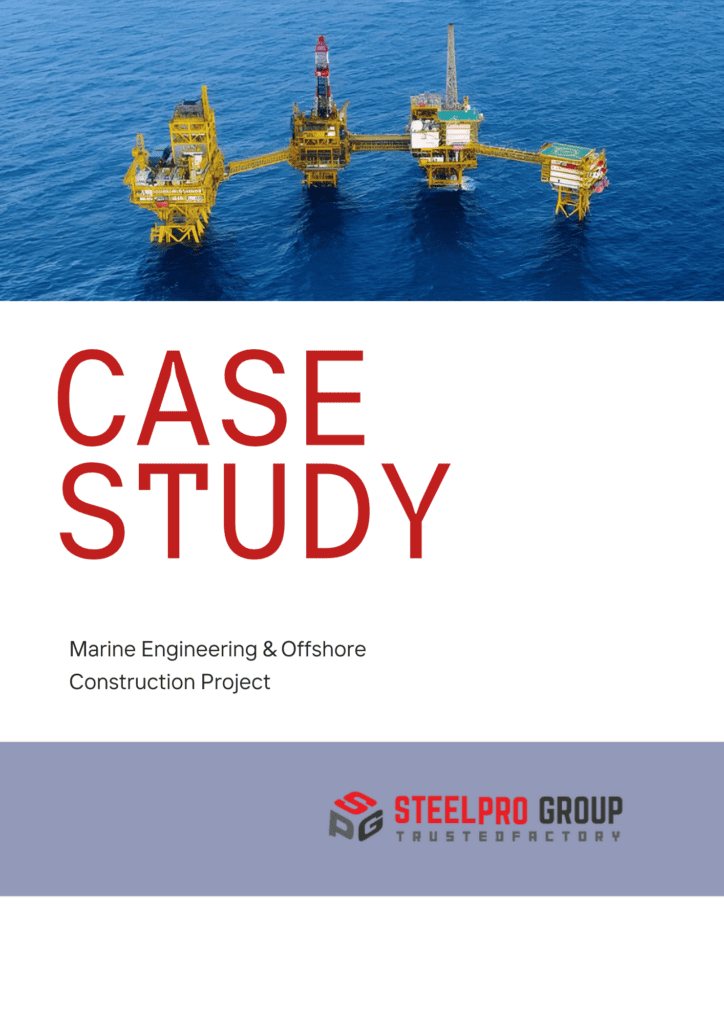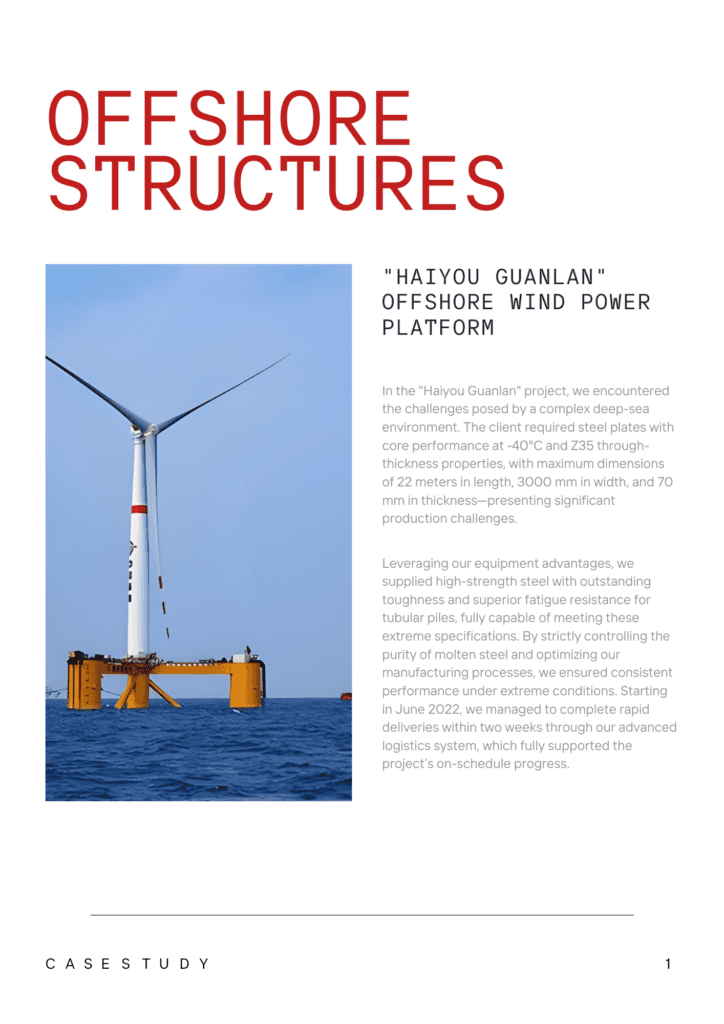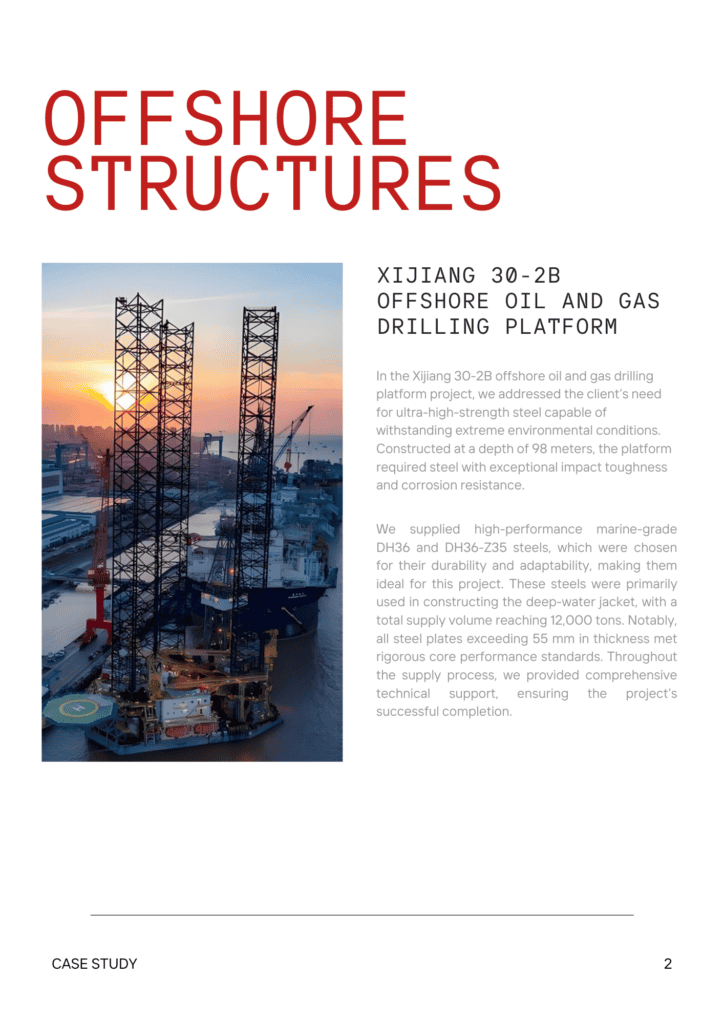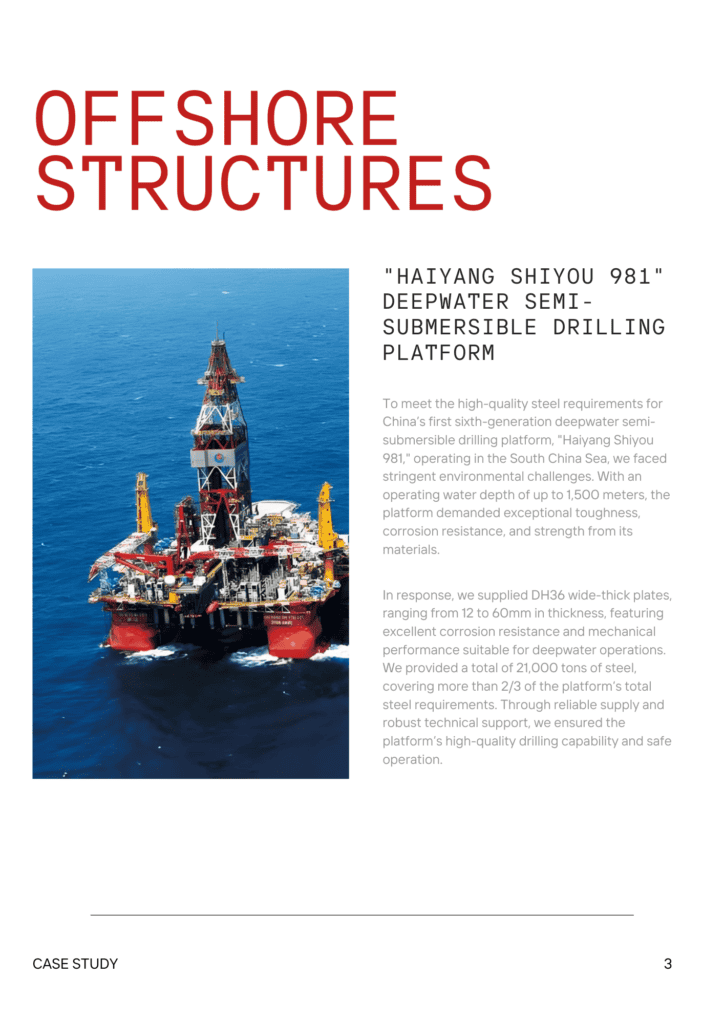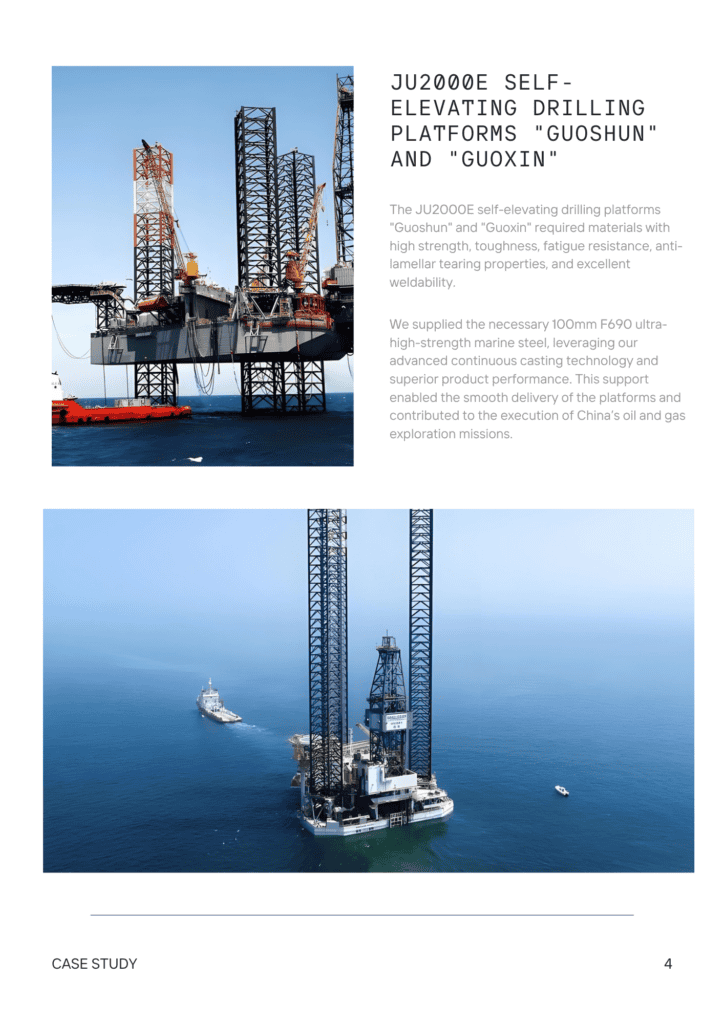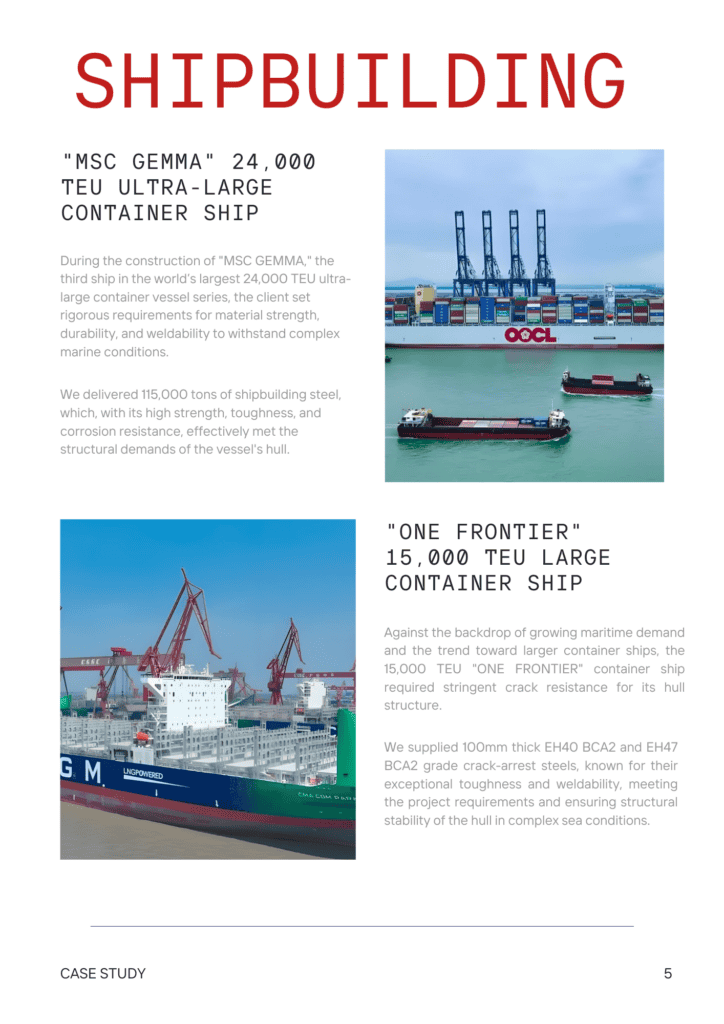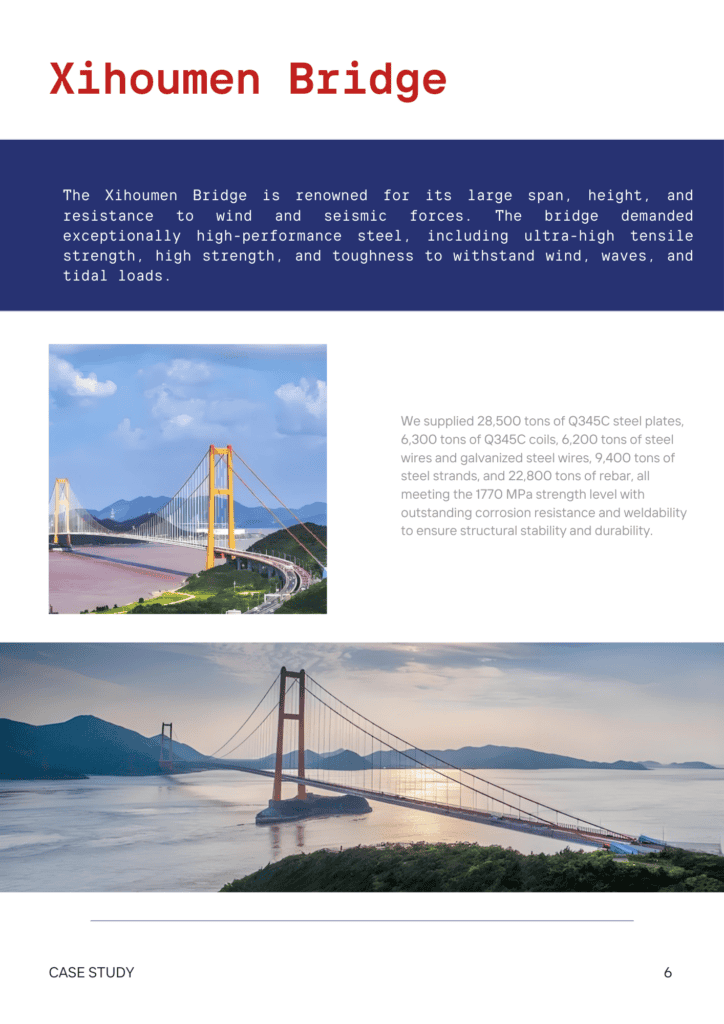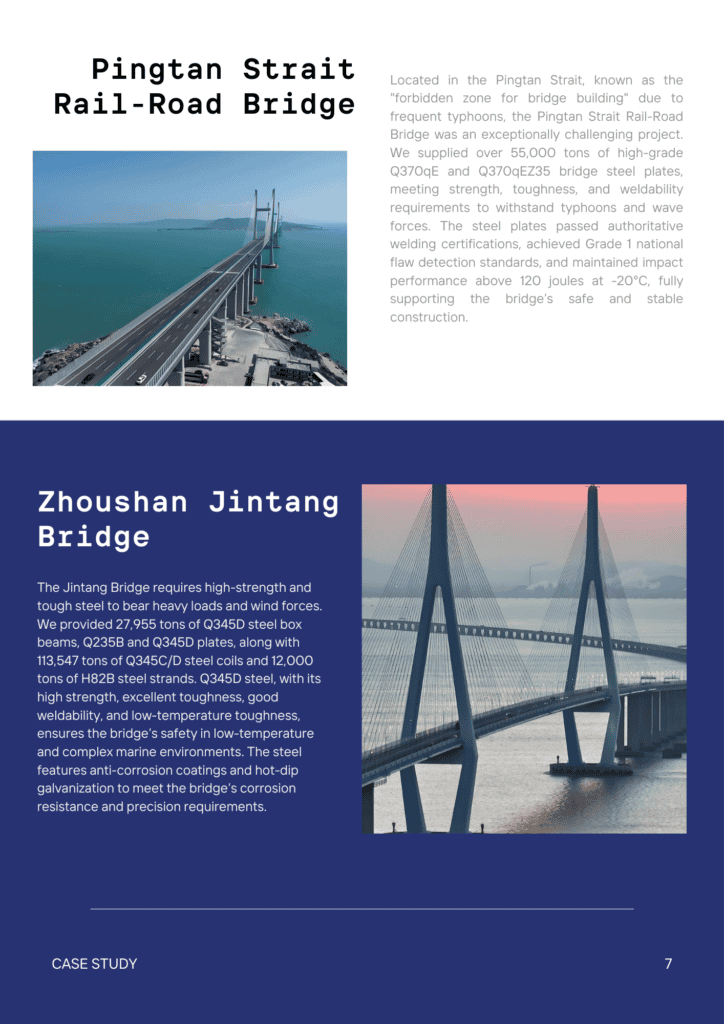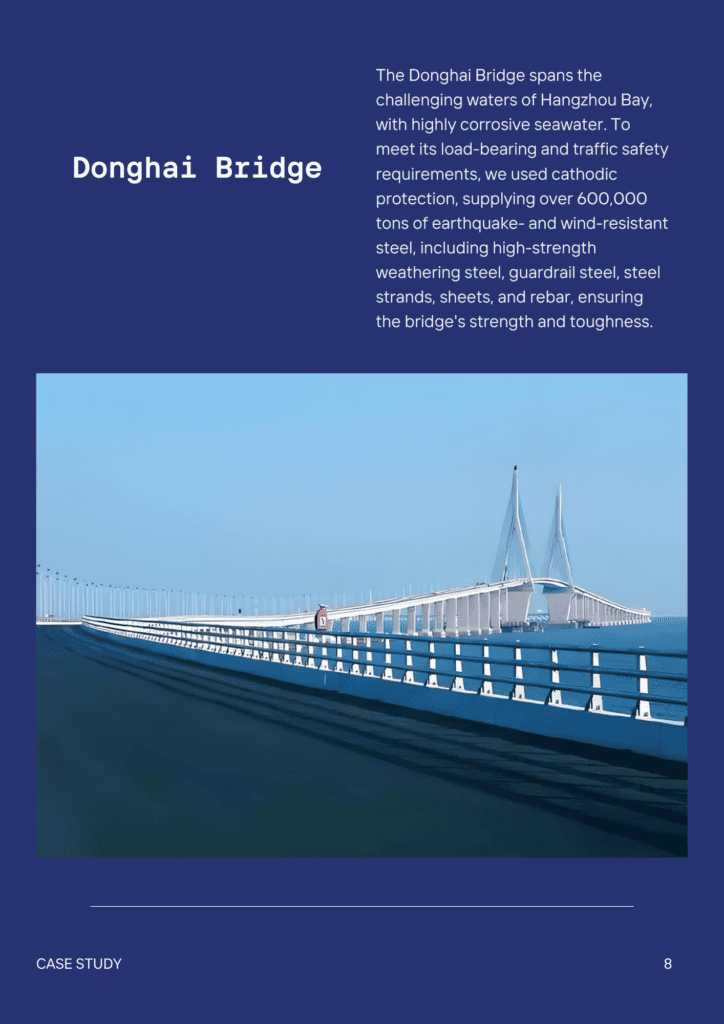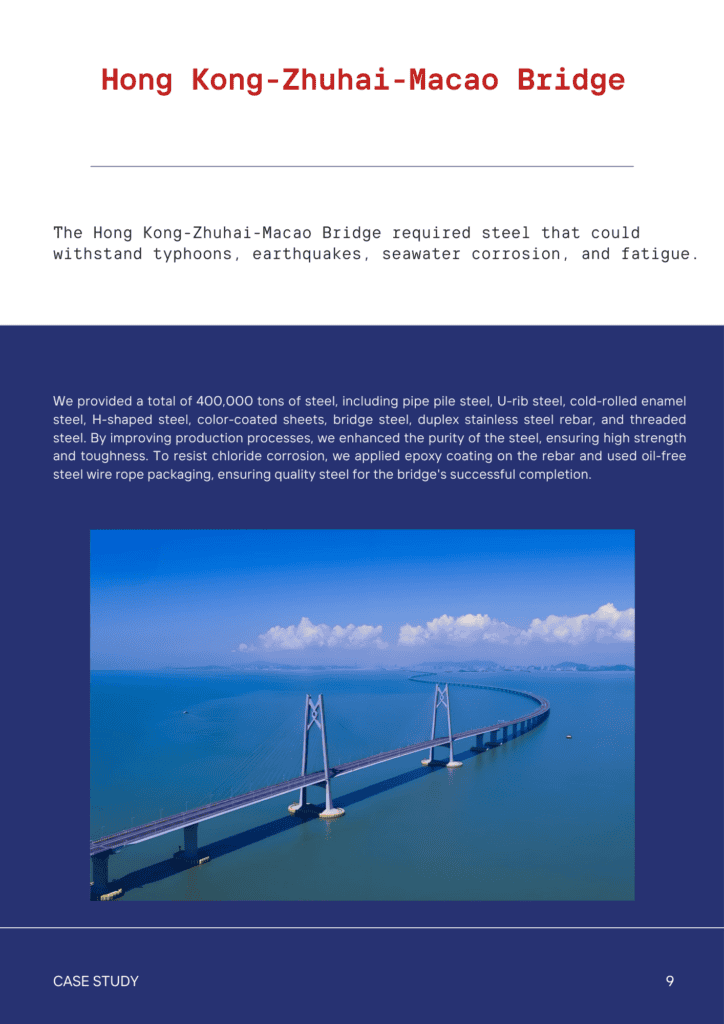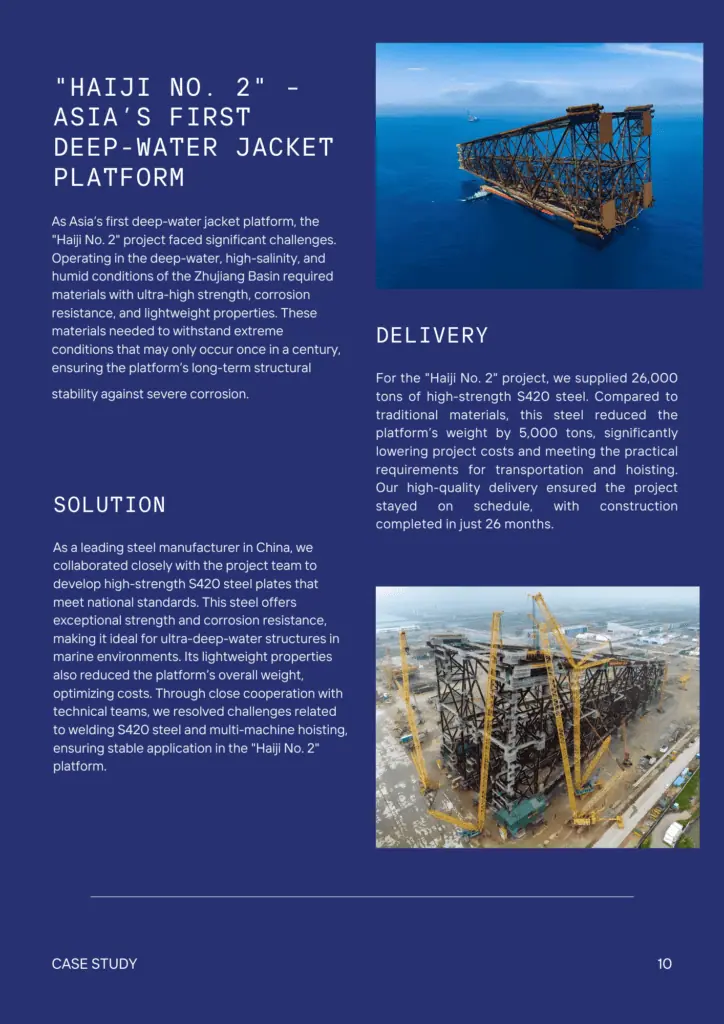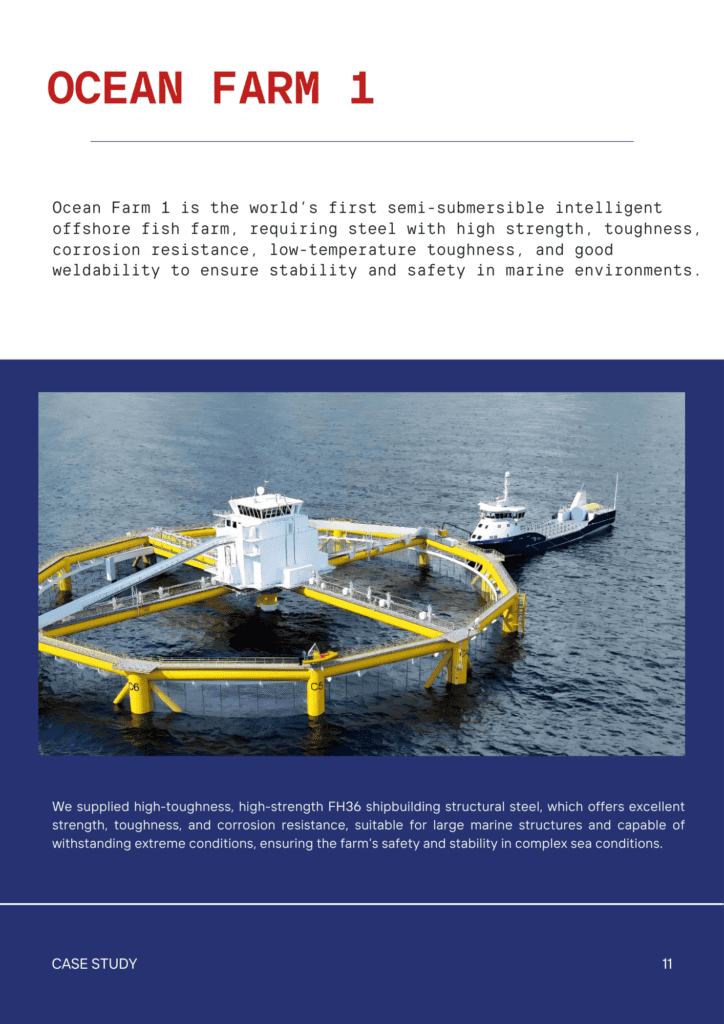Contents
AerMet 310 Steel AMS 6478 | UNS K92581
- John
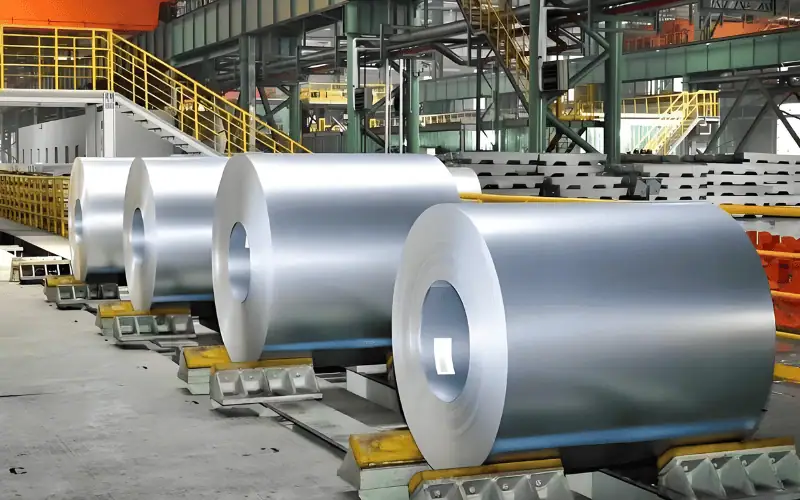
At SteelPro Group, we’ve spent two decades delivering metallurgical excellence. Steel like AerMet® 310 Steel embodies our commitment to solving extreme engineering challenges. This guide cuts through the complexity to show why AerMet 310 outperforms conventional steels in life-critical applications.
What Is AerMet 310 Steel?
AerMet 310 is an ultra-high-strength alloy steel engineered for extreme load conditions. It offers exceptional toughness, fatigue resistance, and stress corrosion cracking (SCC) resistance, making it ideal for aerospace, defense, and high-performance industrial applications. Its composition, including cobalt, nickel, chromium, and molybdenum, enhances strength and ductility. The alloy retains its performance at temperatures up to 400°F (204°C), ensuring reliability in demanding environments.
AerMet 310 Equivalent Grades and Industry Standards
Industry Standards for AerMet 310
- AMS 6478 – Aerospace Material Specification for heat-treated, ultra-high-strength AerMet 310 steel.
- AMS 6532 – Specification covering the processing and properties of AerMet 310.
Equivalent Grades
- UNS K92581 – Unified Numbering System (UNS) designation for AerMet 310.
Alternative Materials
The following materials share similar characteristics with AerMet 310 steel:
- AerMet 100 – A similar high-strength alloy with slightly lower strength but comparable toughness.
- 300M (AMS 6257) – A high-strength, low-alloy steel used in aerospace applications.
- Maraging 250 (AMS 6512) – A nickel-based ultra-high-strength steel with excellent toughness.
AerMet 310 Steel Applications
Defense & Armor
- Ballistic vehicle plating (MIL-DTL-32371)
- Ordnance mounting blocks
- Submarine shaft couplings
Aerospace
- Landing gear actuators
- Supersonic jet engine shafts
- Spacecraft structural fasteners
Energy & Industrial
- Offshore wind turbine shafts
- High-pressure valve components
- Nuclear reactor control rods
AerMet 310 Steel Chemical Composition
| Elements | Content |
| Iron (Fe) | Balance |
| Cobalt (Co) | ≤ 15.0 % |
| Nickel (Ni) | 11.0 % |
| Chromium (Cr) | 2.40 % |
| Molybdenum (Mo) | 1.40 % |
| Carbon (C) | ≤ 0.25 % |
AerMet 310 Steel Mechanical Properties
| Property | Metric | Imperial |
| Tensile Strength | 2170 MPa | 315,000 psi |
| Yield Strength (0.2%) | 1900 MPa | 275,000 psi |
| Elongation at Break | 15% | 15% |
| Fracture Toughness | 71.42 MPa√m | 65 ksi√in |
AerMet 310 Steel Physical Properties
- Density: 7.97 g/cc | 0.288 lb/in³
AerMet 310 Steel Products Dimensions
SteelPro Group offers precision-cut-to-size AerMet 310 products with controlled tolerance, minimizing material waste for high-value components.
| Product Form | Thickness | Width | Diameter | Length |
| Round Bar | N/A | N/A | 0.25″ – 10″ (6.35 – 254 mm) | 12″ – 240″ (305 – 6096 mm) |
| Plate | 0.125″ – 2.0″ (3.18 – 50.8 mm) | 12″ – 96″ (305 – 2438 mm) | N/A | 12″ – 240″ (305 – 6096 mm) |
| Sheet | 0.020″ – 0.125″ (0.5 – 3.18 mm) | 24″ – 72″ (610 – 1829 mm) | N/A | 48″ – 144″ (1219 – 3658 mm) |
| Strip | 0.010″ – 0.125″ (0.25 – 3.18 mm) | 0.5″ – 12″ (12.7 – 305 mm) | N/A | 12″ – 120″ (305 – 3048 mm) |
| Wire | N/A | N/A | 0.010″ – 0.5″ (0.25 – 12.7 mm) | 12″ – 3600″ (305 – 91,440 mm) |
AerMet 310 Steel Heat Treatment
Solution Treatment
The material is heated to 1675°F (913°C) ±25°F and held for one hour before air cooling. This process dissolves alloying elements uniformly, optimizing the microstructure for enhanced mechanical properties.
Cryogenic Treatment
To improve toughness and reduce retained austenite, the steel is cooled to -100°F (-73°C) and held for at least one hour. This step enhances dimensional stability and fatigue resistance.
Aging Treatment
To achieve final hardening, the material is reheated to 900°F (482°C) ±10°F for 3 to 8 hours. Temperatures below 875°F (468°C) should be avoided, as they can compromise strength.
Cooling and Quenching
Water quenching is not recommended due to the risk of cracking. Oil quenching is preferred for large sections, while air cooling is suitable for smaller parts. The material must be cooled to 150°F (66°C) within 2 hours to prevent undesirable phase transformations.
- To prevent surface decarburization, heat treatment should be performed in a neutral atmosphere furnace or under vacuum conditions.
AerMet 310 Steel Processing
Forging
AerMet 310 should be forged at a maximum initial temperature of 2250°F (1232°C) and finished below 1650°F (899°C). Exceeding these limits can cause excessive grain growth, reducing toughness. Controlled cooling after forging is necessary to maintain material integrity.
Machining
Due to its high strength, AerMet 310 is more difficult to machine than conventional steels. To balance efficiency and tool life, carbide cutting tools are recommended, with an optimal cutting speed of 280-350 SFM.
- For complex geometries, SteelPro Group provides pre-machined AerMet 310 blanks with stress-relieved surfaces
Stress Relief
After rough machining, the material should be heated to 800°F (427°C) for 1 to 3 hours to reduce internal stresses and minimize distortion during final machining.
Optimize Your Project with Certified AerMet 310 Steel
Looking for a reliable steel supplier?
We provide certified material like AerMet 310 steel in various forms, cut to exact specifications, and processed to meet the highest industry standards. Get in touch today to discuss your material needs, request a quote, or explore custom processing options. Ensure your project benefits from the best in ultra-high-strength steel technology.



